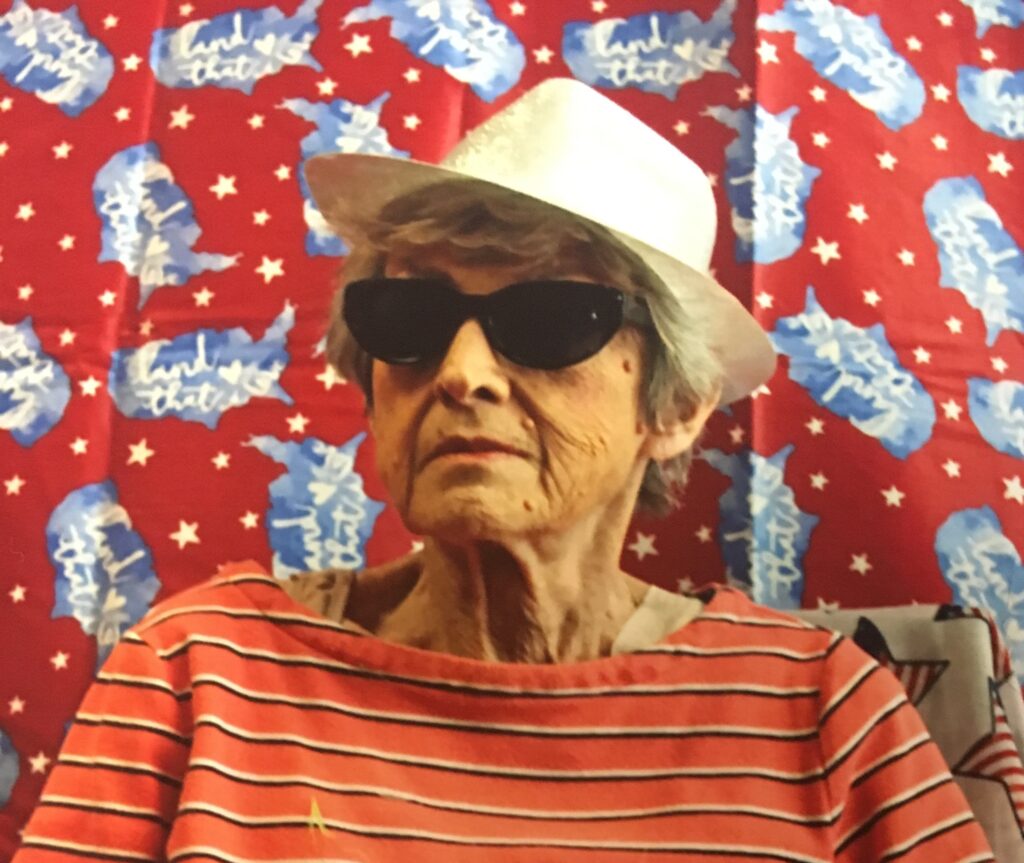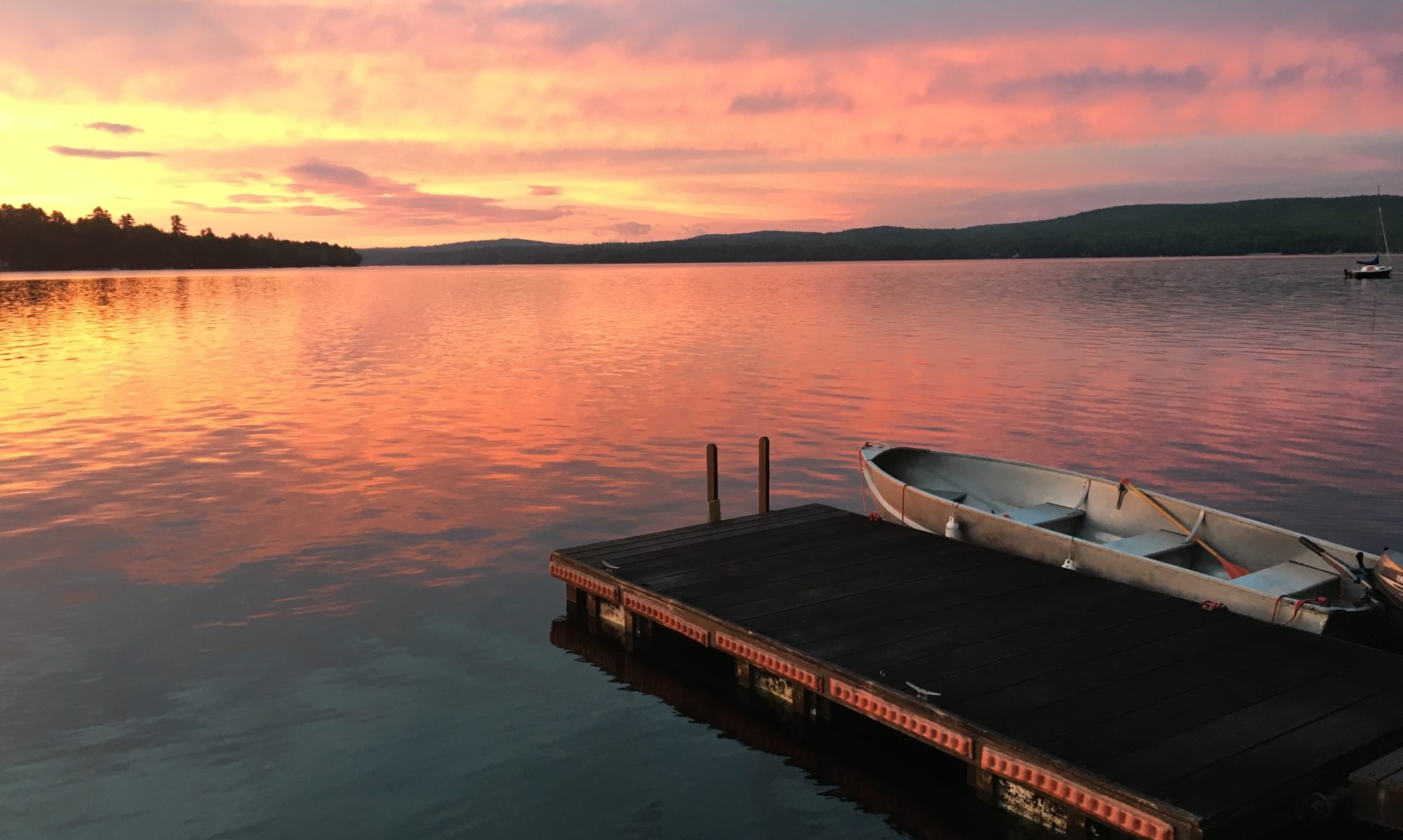“So sorry to hear of your mother’s passing. She was a gem,” said the town clerk while I filled out deed paperwork at the island’s tiny town office. “I lost my father last month.”
Lost. Loss. Losing a loved one. This is the way we talk about death.

Lost. For a month and a half, I have rambled about in this state, missing my mother’s presence. Her artistic talents, her brilliant wit, her love of all things sparkly. Her insistence upon using a typewriter, her eccentric obsessions with hat collections, all things Henry VIII, banjo-playing.
Her departure has left a hollow space in my heart.
This grief trek weighs heavy, a lifetime of luggage exceeding the carry-on allowance. The sea of indescribable emotions swirls and fluctuates like the tides in the cove across the street.
I have spent too many sorrow-laden moments frozen in regret over the decisions made as her caregiver, lamenting that only way she would ever come home was in a box of ash and bone.
And when I am suddenly jolted awake, no longer dreamily watching myself languish on the sofa, I gradually become unstuck, propelled forward by an unseen force and I caress my mother’s invisible hand and welcome her home.
She is home now, in the island farmhouse of my childhood where she lived for nearly 50 years. Her aura seeps through every cedar clapboard, every barnboard bookshelf of this house. And in her death, it finally feels like home to me, too,
Here exists an ocean of possibilities. Here, the muse returns and through the wavy glass of memory, I find the space to write.
Yet even as I wander through each room as my mother did before, I am not lost. I did not lose her—I got her back. And amidst this turmoil, I gain a deeper understanding of who my mother was.

